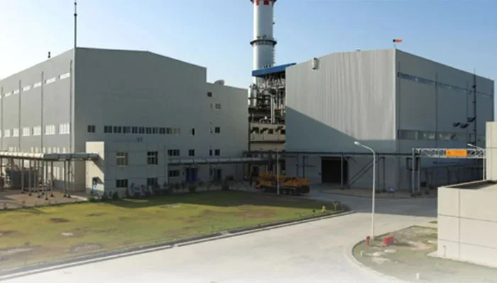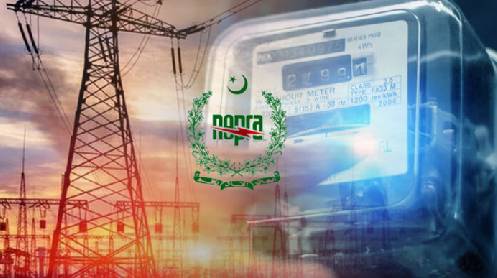The Pakistan Hosiery Manufacturers and Exporters Association has welcomed the cut in power tariff for small and medium enterprises and the omitting of peak-hour charges to encourage manufacturing. They added that the three-year relief package will boost the exports and enhance the competitiveness of the local industry.
Zonal chairman of PHMA, Faisal Mehboob Sheikh, and its chief coordinator, Adil Butt, observed that the Industrial Energy Package announced by the prime minister would boost productivity, lower costs and generate employment.
“Elimination of peak hours from electricity tariff of all industries, 50 per cent discount on consumption of additional units for B1, B2 B3 connections till June 2021 and 25 per cent discount on additional consumptions for all industrial connections for three years is really is great relief for the industry and we are very happy with this decision,” the PHMA zonal chief said.
He added that this is the first time that normally high power rates in Pakistan are being reduced.
Pakistan’s exports have become expensive compared to the rest of the region and its competitors. The discounted power rates would provide a breather to the export sectors and indicate that the economy is now moving towards a positive trend, he added.
Previously, the industry was being charged peak electricity tariffs between 7 pm to 11 pm, but now an industry that has B1, B2 or B3 connections would get a 50 per cent discount on additional units by June.
Faisal Mehboob Sheikh said that it was important to reduce the power price to improve production output.
Adil Butt added that the power relief package would help in increasing employment opportunities and boosting the economic activity in the country.
“The move is good but it will not have a very significant impact, as the government has announced discounts on additional electricity use. The industry will benefit from this relief package of consuming additional electricity when it expands which definitely takes time,” he said. He urged the government to reduce the tariff for existing use of electricity, which would really benefit exporters.
He called for further ease-of-doing-business, decrease in the cost of production, solution to liquidity crunch through early refunds payment, long term and consistent energy tariff policy and relaxed import policy for industrial raw materials.
Adil Butt said the apparel sector was performing well and should be encouraged by making it truly zero-rated for its whole value chain. He was of the view that the core issue in Pakistan was the high cost of doing business, which had rendered its industrial production uncompetitive. According to him, the liquidity crunch is a major stumbling block in improving exports.
He said the decision will benefit small and medium industries, which are the backbone of the economy.




